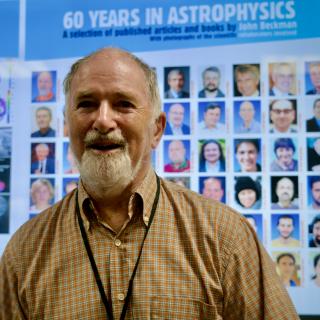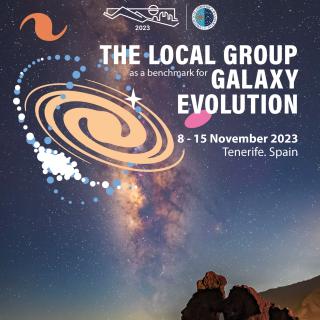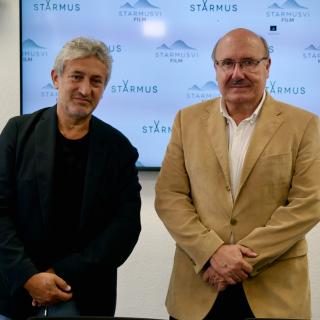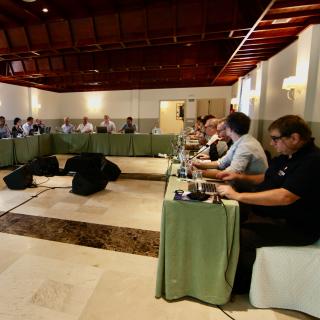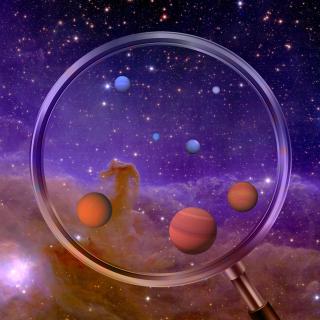
ESA’s Euclid space mission reveals its first full-colour images of the cosmos. Never before has a telescope been able to create such razor-sharp astronomical images across such a large patch of the sky, and looking so far into the distant Universe. These images illustrate the telescope's potential to create the largest and most accurate 3D map of the Universe to date. The Instituto de Astrofísica de Canarias (IAC) has led one of the first five Euclid Early Release Objects (ERO) programmes. 95% of our cosmos appears to be made of these mysterious ‘dark’ entities But we don’t understand what
Advertised on
